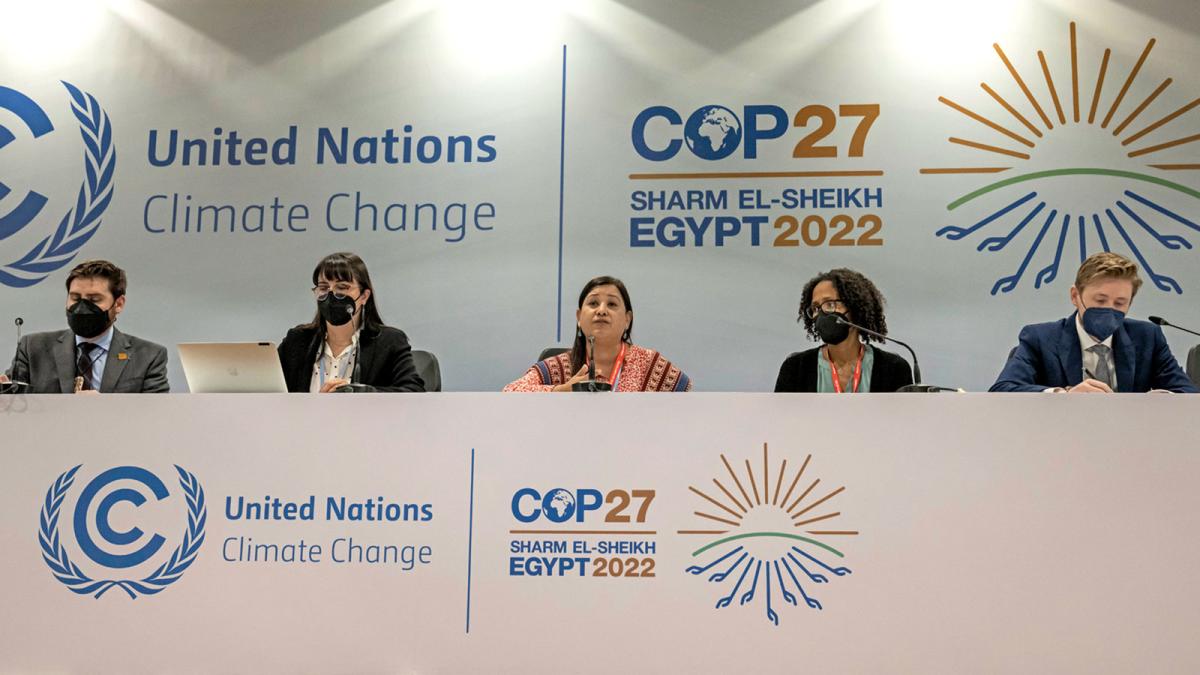Pratima Gurung had trouble getting to this year’s United Nations climate conference, COP27, in Sharm el-Sheikh, Egypt, from her home in Nepal. Gurung has a physical disability and needs a personal assistant in order to travel, but had to cobble together funding and accreditation from multiple organizations in order to attend the conference. She was there on a mission: As a representative of the National Indigenous Disabled Women Association Nepal, she and delegates from other disabled people’s organizations attended the conference to push for formal recognition as special stakeholders in climate action, as Indigenous and women’s groups have done before them.
Disabled people are not yet formally recognized by the U.N. as a vulnerable population, despite extensive evidence of the outsize impact of climate change on them. What Gurung and other disability activists are pushing for is called “constituency” status — the U.N.’s recognition of advocacy groups that organize around a specific focal point, who are then invited to bring that perspective to intergovernmental negotiations. Several constituencies have ... Read more
